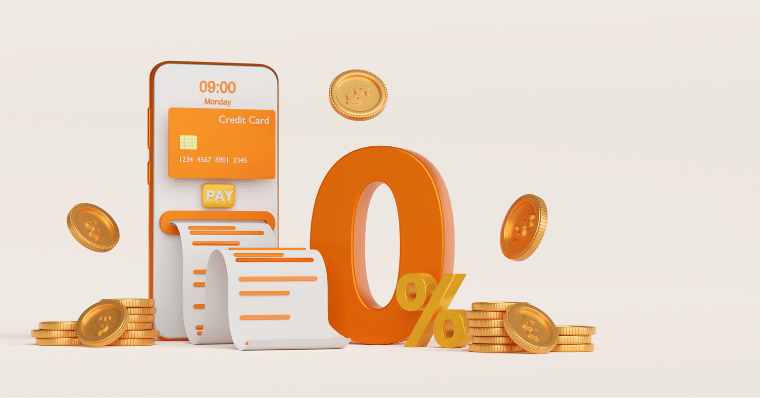Yes, using a low-interest credit card can be an effective way to build your credit score. A credit score is a numerical representation of your creditworthiness, and lenders use it to determine your creditworthiness and whether or not to approve you for loans or credit lines. Building and maintaining a good credit score is crucial for financial stability, as it can affect your ability to obtain loans, mortgages, and credit cards with favorable terms and interest rates. Using a low interest credit card responsibly by making payments on time and keeping your balance low can help establish a positive credit history and increase your credit score over time.

Low-Interest Credit Card to Build Your Credit Score:
1. Makes it Easier to Pay on Time:
Low-interest credit cards can help you avoid accruing high balances on your card, which can become difficult to pay off. When you have a low-interest rate, you may be more likely to pay your balance off in full each month, which can help improve your credit score. Payment history is a significant factor in determining your credit score, and making payments on time is crucial to building a positive credit history.
2. Reduces Your Debt-to-Credit Ratio:
Your credit utilization ratio, or the amount of credit you’re using compared to the amount of credit available to you, is another important factor in determining your credit score. A low-interest credit card can help you maintain a low balance, which can keep your credit utilization ratio low. The lower your debt-to-credit ratio, the better your credit score will be.
3. Helps You Establish Credit History:
If you don’t have a lot of credit history, it can be challenging to get approved for credit cards or loans with favorable terms. By using a low-interest credit card responsibly and making on-time payments, you can start to establish a positive credit history. This can help you qualify for more competitive credit card offers and other financial products in the future.
4. Avoids High Interest Charges:
With a low-interest credit card, you’ll pay less in interest charges on any balances you carry. This can be especially helpful if you need to carry a balance for an extended period. By avoiding high-interest charges, you can save money and reduce your debt, which can also help improve your credit score over time. High-interest charges can add up quickly, making it harder to pay off your balance and keep up with payments. If you’re carrying a balance on a high-interest credit card, you may be paying more in interest charges each month than you are toward your principal balance.
Bottom line:
To summarize, using a low interest credit card can indeed be a useful tool for building your credit score. By making on-time payments and keeping your balance low, you can demonstrate responsible credit behavior and establish a positive credit history. Over time, this can lead to an increase in your credit score, which can benefit you in many ways, including access to better loan and credit card options with more favorable terms and interest rates. However, it’s essential to use any credit card responsibly, regardless of its interest rate, to avoid accumulating debt and damaging your credit score.
